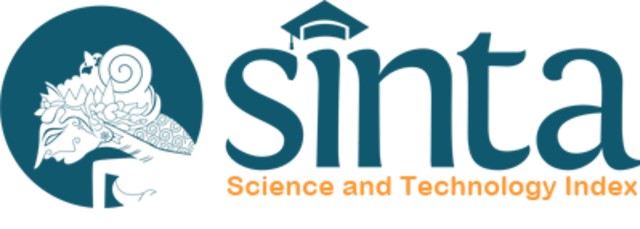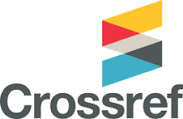Faktor-Faktor Dalam Literasi Keuangan Yang Berpengaruh Terhadap Keputusan Investasi Emas Pelaku UMKM Di PT Bank Syariah Indonesia Tbk
Abstract
Financial literacy plays a very important role in encouraging the accessibility of financial products and services provided by formal financial institutions. Several studies on financial literacy state that financial education will affect the level of financial literacy and a person's behavior in managing their finances. An adequate level of financial literacy is one of the keys to getting access to capital and better welfare. MSME actors must have the adequate financial literacy to participate in the financial sector and have access to financial services such as saving, buying insurance premiums, investing, obtaining credit, and others. Therefore, in an increasingly advanced era, basic financial knowledge and adequate skills are needed to manage economic and financial resources effectively as well as reliable risk management to achieve better welfare. Inadequate financial literacy can result in low access to financial institutions and hinder the achievement of welfare. The aim of the research is to identify the factors in financial literacy, to analyze the factors in financial literacy that influence the investment decisions of MSME actors, and to recommend alternative strategies to increase MSME literacy. This study uses primary and secondary data derived from filling out questionnaires by respondents and the opinions of experts through interviews. Based on multiple linear regression analysis, the financial literacy factors, namely Age (X1) and Gender (X2), each partially have no effect on the decision-making of MSME gold investment in Indonesian Sharia Banks, while Education (X3), and Income (X4) each partially has a significant effect on the gold investment decision of MSME actors in Indonesian Sharia Banks. The results of the SWOT and AHP analysis showed that the priority strategy in increasing financial literacy is creating promotional media about the benefits of investing in gold for MSME actors.
Downloads
References
_______ B.F dan K. Azzahra. 2020. Faktor-Faktor yang Mempengaruhi Literasi Keuangan: Studi Kasus UMKM Kota Tangerang Selatan. Jurnal Manajemen dan Keuangan, 9 (2).
David, Fred R. 2009. Manajemen Strategi Konsep (Buku I). Jakarta (ID). Penerbit Salemba
Marimin dan N. Maghfiroh. 2011. Aplikasi Teknik Pengambilan Keputusuan dalam Manajemen Rantai Pasok. Bogor (ID). IPB.
[MENKO PEREKONOMIAN] Kementerian Koor-dinator Bidang Perekonomian Republik Indonesia 2021. UMKM Men-jadi Pilar Penting dalam Perekonomian Indonesia. [internet]. [diunduh 10 September 2021]. https://ekon.go.id/publikasi/detail/2969/umkm-menjadi-pilar-penting-dalam-perekono-mian-indonesia.
[OJK] Otoritas Jasa Keuangan. 2016. Peraturan Otoritas Jasa Keuangan No. 6/POJK.03/ 2016 Tentang Kegiatan Usaha dan Jaringan Kantor Berdasarkan Modal Inti Bank.
Rangkuti, F. 2006. Analisis SWOT Teknik Membedah Kasus Bisnis: Reorientasi Konsep Perencanaan Strategis untuk Menghadapi Abad 21. Jakarta (ID): PT Gramedia Pustaka Utama.
Robb, C.A., R.N. James. 2009. Associations between individual characteristics and financial knowledge among college students. Journal of Personal Finance. 8: 170-184.
Sekaran, U. dan R. Bougie. 2017. Metode Penelitian Untuk Bisnis. Jakarta (ID): Salemba Empat
[SE BI] Surat Edaran Bank Indonesia No. 14/16/DPbs tahun 2012. Produk Pembiayaan Kepemilikan Emas Bagi Bank Syariah dan Unit Usaha Syariah.
Sujarweni, W. 2012. Statistika untuk Penelitian. Yogyakarta (ID). Graha ilmu
Sumarwan U. 2003. Perilaku Konsumen: Teori dan Penerapannya dalam Pemasaran. Jakarta (ID): Ghalia Indonesia.
Suryanto dan M. Rasmini. 2018. Analisis Literasi Keuangan dan Faktor-faktor yang Meme-ngaruhinya (Survey pada Pelaku Usaha Mikro, Kecil, dan Menengah di Kota Bandung). Jurnal Ilmu Politik dan Komunikasi. VIII (2).










